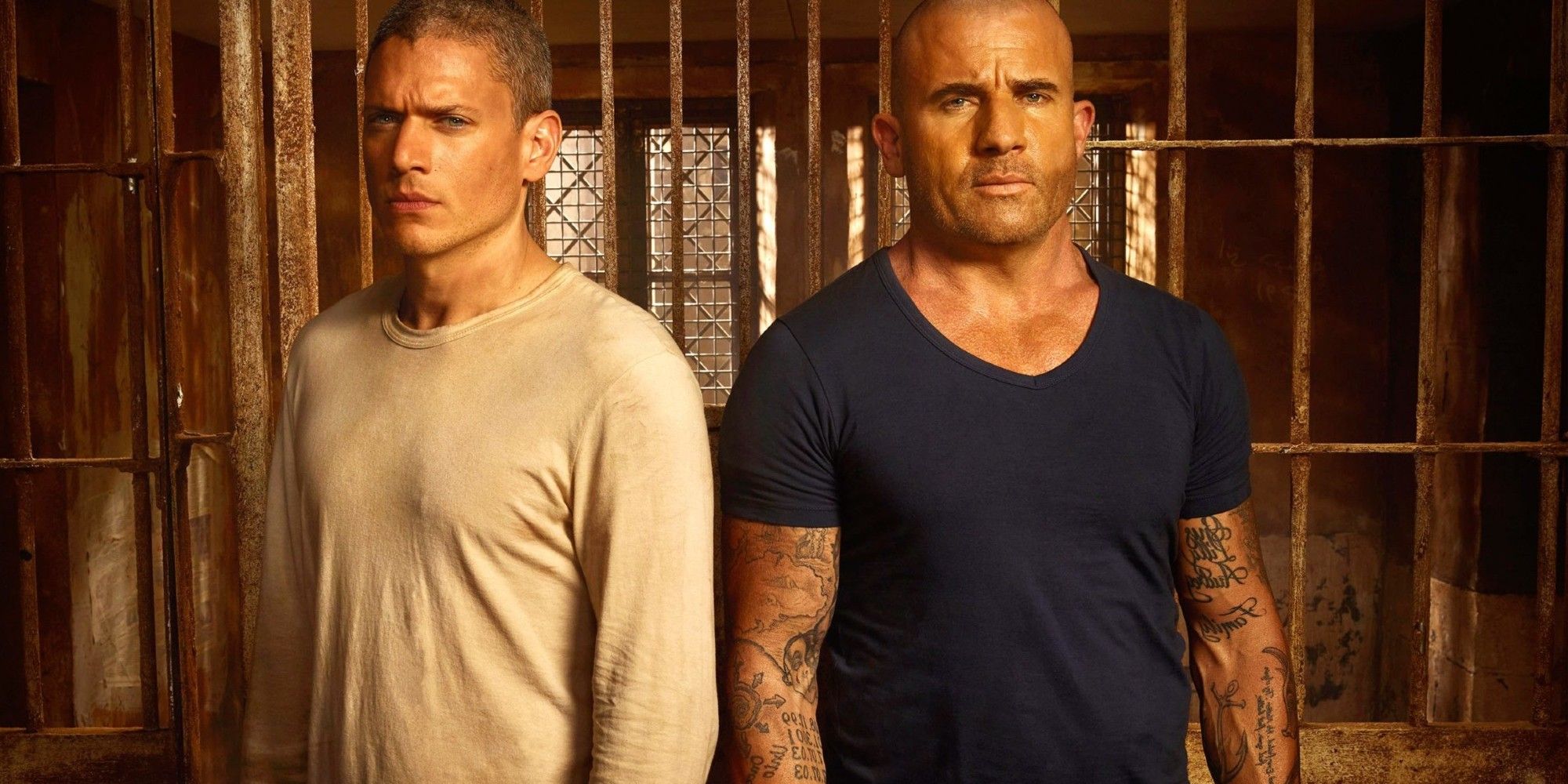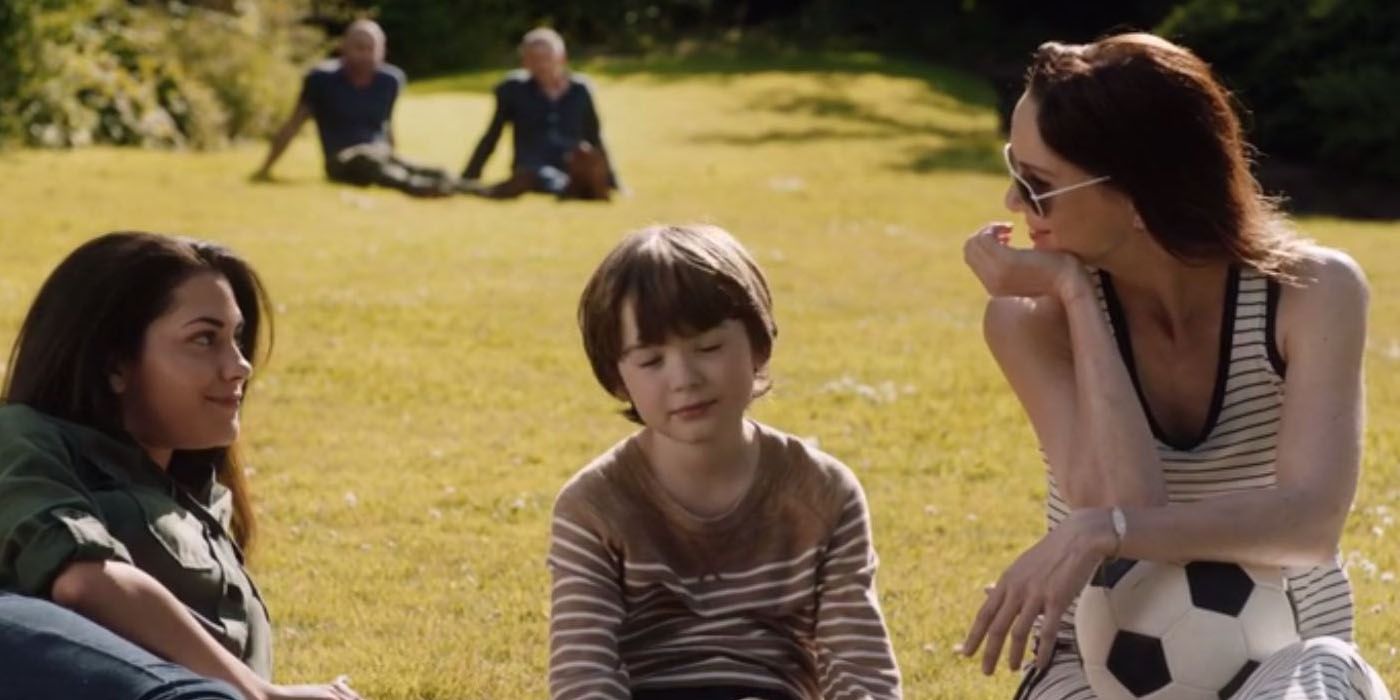Here's how the original plans for Prison Break would have avoided the show's, unfortunately, much-hated ending. Staring to great popularity, the end result was a wildly uneven serial drama which thrilled and disappointed audiences in equal measure through its many seasons, but it could have all been very different if the show had stuck to its original plans.
Beginning in 2005, Prison Break was originally the simple story of Wentworth Miller's Michael Scofield, an engineering genius who hatches an audacious plan to break his wrongfully accused brother out of prison before he's sentenced to death. The show's obvious inspiration was The Shawshank Redemption, and the first season proved entertaining enough to justify cribbing from that enduringly popular hit. In its earliest days of development, Steven Spielberg was interested in making it, but his involvement with War of the Worlds curtailed that association.
Related: How Prison Break Became Homer's Modern Odyssey
While the campier later seasons offered some high-octane action there's no denying that Prison Break lost its credibility and sense of focus once the characters broke out of prison. The show never seemed sure of where it was going after the escape, but the original plan for the series would have avoided this pitfall. Before the show became a standard broadcast drama, Prison Break was written as a limited fourteen episode miniseries, which would have logically ended with the two brothers escaping Fox River.
Thrilling and invigorating, Prison Break's first season balanced the tense escape attempt of the title with some effective character sketches. The show's large viewership was provided with inmates to root for and ones to despise as well as villains of both the shadowy conspiratorial kind and the petty authority prison guard kind. Despite its dense plotting, the show even found time to throw in a love interest for our hero. It was a tight, inventive season of thrilling television... And then came season two. And three. And a fourth, and a TV movie, and a reboot, each of which received gradually worse critical reception.
The show's fans and critics tend to agree that the show peaked with the escape featured at the end of the first season. It's strange to think that it could have been the show's end, given how many additional increasingly surreal adventures the cast proceeded to embark on over Prison Break's remaining outings, with the show expanding its scope and rendering its storyline a lot more convoluted in the process. Admittedly, the original ending would have left a lot of questions unanswered, but some series end up better off leaving its bigger picture questions unsolved, closing on a win for its protagonists but leaving their enemies out there somewhere, ready to regroup and strike again.
As fans of Lost learned, sometimes finding out what's behind a labyrinthine mystery can be a pretty disappointing experience. Lost's ending not only felt like the natural response to hyper-extension but was always doomed to let fans down given the size of the mystery. Unfortunately, the creators of Prison Break couldn't resist the call to create further installments, and thus the show grew from a relatively realistic and straightforward heist to a globe-hopping conspiracy featuring all manner of kidnappings, double-crosses, and fake-out decapitations (yes, really). By the time Michael was brought back from the dead in time for the revival, the show had strayed pretty far from the bittersweet Stephen King story that inspired it.


